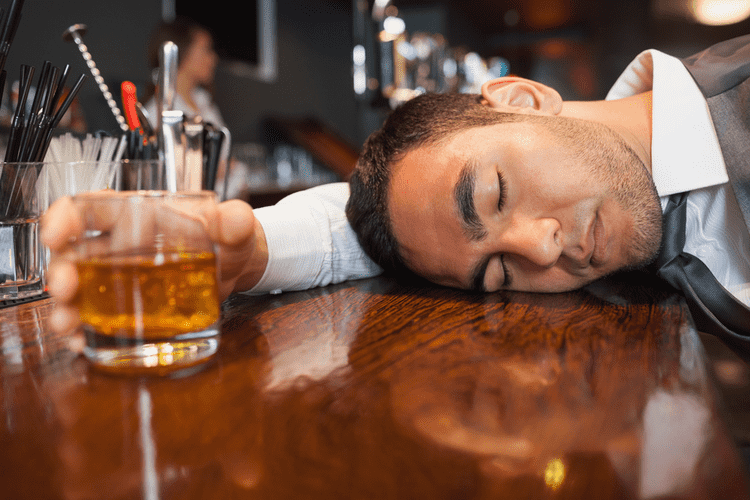Alcohol makes it harder for your body’s immune system to make enough white blood cells to fight off germs and bacteria. People who have been drinking a lot of alcohol for a long time tend to get frequent infections like pneumonia and tuberculosis because their immune system has been worn down. Perhaps you’re on a cleanse and want to socialize without feeling tempted at dinners. Maybe you entertain clients for work and often feel pressure to drink, but you’d like to decrease your intake.
Joseph Volpicelli, MD, PhD, founder and medical director of the Volpicelli Center and executive director of the Institute of Addiction Medicine, says that alcohol can have a negative effect on your mental, emotional, and physical health. Our leading medical providers and health coaches heal the root cause of health concerns with a personalized care plan and year-round support. Our root-cause resolution medicine has helped thousands feel better, with 85% of members reducing symptoms in their first year. Alcohol’s impact on the bacteria in your body can increase gastric levels and acid secretion and speed up digestion, often causing diarrhea or constipation depending on the person, type of alcohol, and amount consumed.
Other benefits of not drinking alcohol
Of course, we all want a simple, achievable number for how long we should abstain from alcohol in order for our bodies to fully heal from its effects. If your liver has taken a hit from prolonged alcohol use, there are ways to give it — and the rest of your body — a break. Your liver has enzymes that work like special tools to help metabolize (break down) different toxins that enter your body, such as alcohol. “All my drinking was really centered around community and wanting that connection so badly with other people,” he says. “Not everybody wants to get wasted when they go to the bar,” says Forte. Another social club member, Kathy Kuzniar, says she used to obsess over whether there was enough wine in the house.

“We’re finding that we can fill our days,” Daniel says, “but sometimes the nights are hard.” Then they discovered Sans Bar. “We came to a realization that we were drinking way too often how to take a break from drinking and way too much,” says Zaleski. After one month, the researchers documented a reduction in the participants’ GGT. “And I know I wouldn’t be doing those things if I was still drinking.”
The Origins of Dry January
“I would suggest cutting back on several things rather than completely eliminating to avoid feeling deprived, which can lead to rebound eating/drinking and weight regain,” she said. The way alcohol is glamorized in advertising also contributes to our collective hook. All that sugar (a drug in its own right), combined with the pleasure of feeling “buzzed” can break down our filters and release suppressed thoughts and feelings. This can lead to moments just as fun as what’s depicted in those alcohol advertisements. But just as frequently things can become sloppy, or take a detrimental toll over time. Mehta also reminds that, for those trying to quit drinking, it’s important to understand if you were drinking to cope with something (such as drinking in social settings due to social anxiety) and to find alternative methods of coping.

Quitting alcohol won’t just protect your physical health—it can also improve your mental well-being. When you stop drinking, your skin gets more elastic and the redness and discoloration on your face will slowly fade. Ruddiness in your cheeks and around your nose may also start to fade, and other skin conditions—such as dandruff, eczema, or rosacea—may also improve, Dr. Raskin says.
